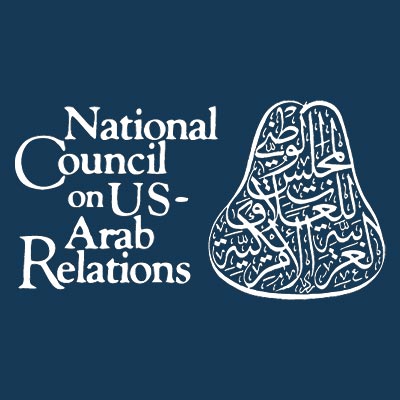The full story of the Saudi arms gift to Lebanon
Source: Al-Monitor (Read full story)
Despite the insistence of Beirut and Riyadh on the rapid implementation of Saudi Arabia’s $3 billion plan to arm the Lebanese army and strengthen its defensive capabilities, the French are approaching this issue from the standpoint of the interests of Israel and other international matters, mainly how to maintain the status quo in southern Lebanon in the face of the Israeli enemy. This tripartite political deal suggests that the world and the Gulf want to strengthen the Lebanese army and enable it to control the border so as not to repeat the example of Hezbollah’s involvement in the Syrian crisis.
…
 Qatar slams UN failure on Syria
Qatar slams UN failure on Syria
Source: The Peninsula (Read full story)
The Foreign Minister, H E Dr Khalid bin Mohamed Al Attiyah, yesterday criticised the international community for its “double standards” on the Syrian issue, saying it was frustrating all efforts to resolve the crisis. Addressing a conference titled “The Syrian crisis and international law” at Qatar University, the foreign minister said that the faulty way of decision-making at the UN Security Council was preventing it from pushing for a solution to the Syrian crisis.
…
Human rights a priority, asserts emir of Makkah
Source: Saudi Gazette (Read full story)
Emir of Makkah Prince Mishal Bin Abdullah said human rights are a priority of Custodian of the Two Holy Mosques King Abdullah and preserving the dignity of humans is a red line that no one can cross. During a meeting with the head of the National Society of Human Rights in Makkah Sulaiman Al-Zaydi, the prince emphasized on the importance of the society in monitoring and spreading a culture of human rights. “The King’s instructions to all officials are to monitor and preserve citizens and residents’ human rights according to religious teachings and the government’s laws,” he said.
…
An Iran deal and Israel’s nukes
Source: Al-Monitor (Read full story)
Negotiations with Iran are aimed at winning the Islamic Republic’s commitment not to obtain the necessary ingredients for the construction of a nuclear bomb. This objective is all fine and good, and there is much in the events of the last few months to suggest that a solid basis has begun for progress toward this desirable goal. But if Iran does its part, opens its program to effective supervision and satisfies the international community of its commitment not to develop nuclear weapons, will President Barack Obama’s administration move beyond rhetorical support to implement the broader goal of a nuclear weapons-free Middle East? Here, the picture becomes distinctly unclear.
…
Saudi crown prince’s visit underscores India’s regional importance
Source: The National (Read full story)
The crown prince of Saudi Arabia arrived in New Delhi on Wednesday on a trip to seal security, energy and business agreements with India. Salman bin Abdulaziz Al Saud’s three-day visit highlights growing ties between two countries bound together by a vast Indian expatriate workforce and India’s reliance on Saudi oil. Prince Salman, the highest-level Saudi dignitary to visit India since King Abdullah bin Abdulaziz Al Saud in 2006, is expected to meet president Pranab Mukherjee, prime minister Manmohan Singh, and vice president Hamid Ansari.
…
Budget surpluses seen to spur GCC growth in 2014; outlook still positive
Source: Khaleej Times (Read full story)
The GCC economy, underpinned by budget surpluses resulting from high oil prices, will continue to record a dynamic growth rate in 2014, Credit Agricole Private Banking said in its latest forecast. Dr Paul Wetterwald, chief economist at Credit Agricole Private Banking, said in the wake of registering above-average gross domestic product, or GDP, growth rate in 2013, the GCC economies’ 2014 growth outlook remained promising.
…

